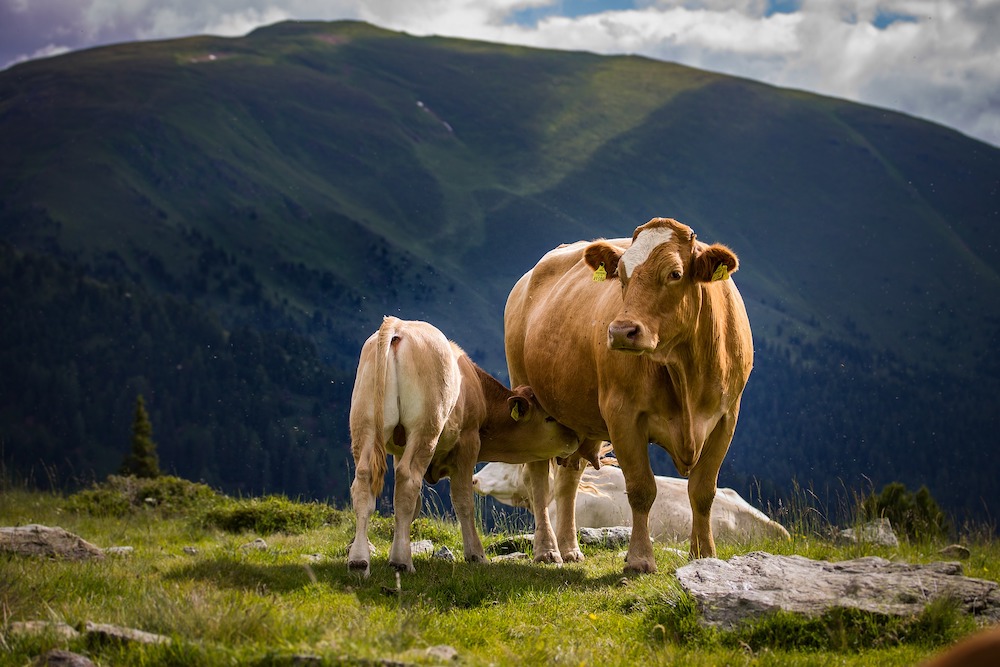Be vigilant for coccidiosis, vets warn
3rd October 2019
Farmers with autumn calving herds are urged to be ‘coccidiosis aware’ during the high-risk period three to four weeks post-calving – particularly in mild, damp weather.
Farmers with autumn calving herds are urged to be ‘coccidiosis aware’ during the high-risk period three to four weeks post-calving – particularly in mild, damp weather.
Coccidiosis remains a major issue across the industry, but Nadis veterinary advisor Phoebe McCarter says combining good husbandry, testing and prompt treatment can help to gain control of this costly disease.
“Many herds are still calved outside during the autumn, so one of the first things to consider is whether your field is likely to harbour disease risk, as coccidiosis oocysts can survive year-to-year from previous stock,” she explains.
“I’d also recommend fencing off any stagnant water or natural watercourses, as these can harbour higher levels of the parasite. Similarly, poached areas around troughs and feeders make for oocyst survival conditions, so frequent relocation of these is key.”
Indoor calving herds face different risks, so it is essential to ensure bedding is kept clean and dry, alongside appropriate cleaning and disinfecting of sheds.
In addition to environmental pressures, periods of stress caused by weaning, castration or housing, for example, will leave calves more vulnerable to infection.
First signs of disease include weight loss, reduced appetite or a generally dull appearance. If any of these signs are seen, it is essential to consult a vet, who can carry out tests and oocyst counts to confirm the species and severity of the infection.
“There’s no point in treating calves for coccidiosis if it turns out to be a different disease with similar symptoms, such as cryptosporidiosis,” Phoebe adds. “You’ll end up wasting money on ineffective treatments and losing valuable recovery time.”
Once coccidiosis has been diagnosed, infected calves should be treated promptly before signs can develop further. Bayer says administering a toltrazuril-based product, such as its own Baycox, will stop the disease taking hold before it becomes more serious.
“This metaphylactic approach to treatment will help calves recover quickly and avoid major impacts on production, all while developing the calf’s immunity,” Phoebe adds.
“As always, if you’re in any doubt about coccidiosis, speak to your vet about prevention and treatment, as the disease can rapidly eat into farm profits.”

